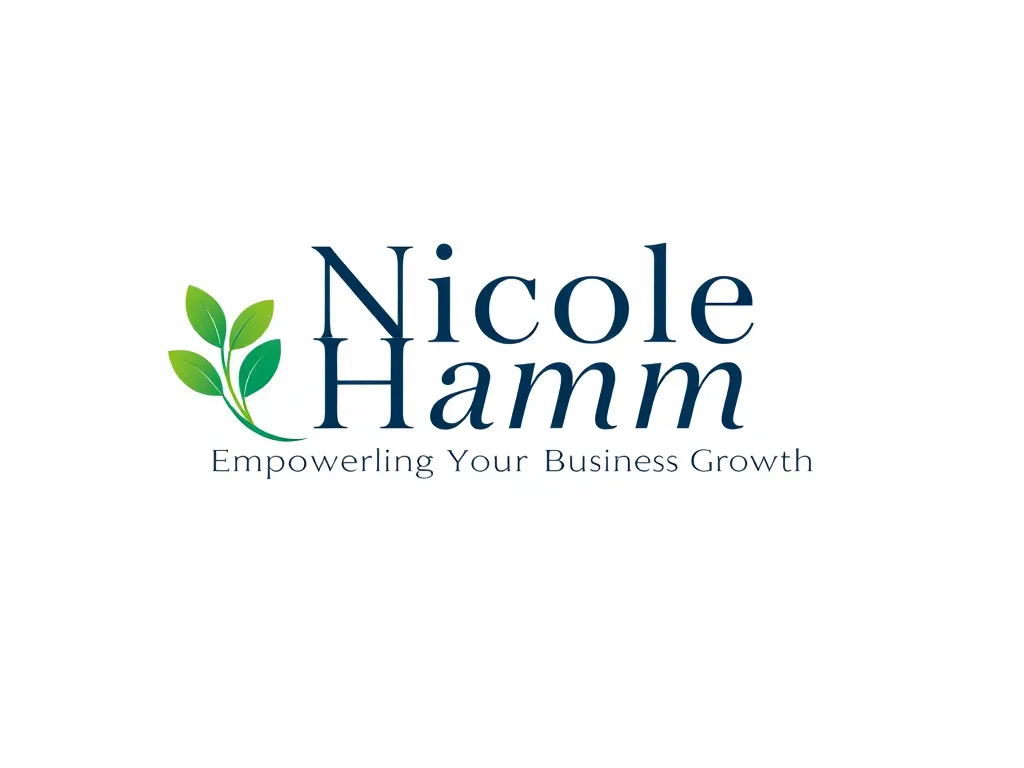Essential Family Support in Recovery in Jacksonville

Family Support in Recovery
Family Support in Recovery is a crucial component that can significantly impact the success of the recovery process for individuals struggling with addiction. Family members often play a vital role in providing emotional, psychological, and practical support to their loved ones. When family support is present, individuals are more likely to remain committed to their recovery journey, leading to better outcomes and healthier relationships.
During challenging times in addiction recovery, resources like Ashley Everything for Recovery can provide crucial family support.
The journey of recovery can be overwhelming, not just for the individual but for the entire family. Understanding the importance of Family Support in Recovery helps in fostering a supportive environment that is conducive to healing. Families must educate themselves about addiction and recovery to be able to offer the right kind of support. This increased awareness can help alleviate feelings of shame or confusion that often accompany addiction, allowing families to navigate this challenging journey together.
Active participation and involvement of family members can enhance the recovery experience. Regular communication and support from family can motivate the individual to engage in their treatment plan and make healthier choices. Family Support in Recovery encourages accountability and reduces the isolation that individuals may feel during this time. Additionally, family members may also benefit from support systems themselves, as they can encounter their own emotional struggles while helping their loved ones.
Family Support in Recovery is not just about emotional backing; it also encompasses practical assistance. Family members can help create a structured environment, assist in finding resources such as counseling or support groups, and participate in recovery planning. This holistic approach to support can significantly mitigate the risk of relapse and promote sustained recovery, allowing families to rebuild their relationships and establish a new, healthier dynamic.
In summary, Family Support in Recovery is foundational to overcoming addiction and maintaining recovery. By fostering understanding, communication, and a supportive atmosphere, families can significantly impact their loved one’s recovery journey and their own healing process. Together, families can create an environment that promotes growth, resilience, and hope for a healthier future.
Role of Family in Recovery
In Jacksonville, family involvement aids recovery significantly by providing the necessary emotional support and encouraging healthy coping strategies. Family members can help individuals by attending therapy sessions together, learning about addiction, and understanding the recovery process. This involvement can create a supportive network that fosters healing and motivates individuals to stay engaged in their recovery programs.
Communicating effectively with family during recovery is essential. Open lines of communication allow family members to express their concerns, support, and love while also giving the recovering individual a safe space to share their feelings and challenges. Establishing regular family meetings or check-ins can help ensure that everyone is on the same page and working towards the same recovery goals.
The impact of family dynamics on recovery success is profound. Positive family interactions can empower individuals to embrace their recovery journey, while dysfunctional dynamics may hinder progress. Addressing any underlying issues within the family, such as resentment or past trauma, can create a healthier environment that supports lasting recovery and reinforces positive behaviors.
Support Groups for Families
Finding local support groups in Jacksonville is an important step for families seeking assistance and guidance during the recovery process. Organizations such as Al-Anon and Nar-Anon provide a platform for family members to connect with others experiencing similar challenges. These support groups not only offer direction but also foster a sense of community and understanding, helping families cope with the emotional toll of addiction.
The benefits of support groups for families of recovering addicts are numerous. These groups provide a safe space for family members to share their experiences and feelings, learning from others who have faced similar challenges. Furthermore, support groups can offer practical advice and coping strategies, reducing feelings of isolation and helping family members feel more empowered in their roles.
Sharing experiences in family support groups can also be incredibly therapeutic. Family members can express their frustrations, fears, and hopes in a non-judgmental environment. This sharing process allows them to heal collectively and learn from one another, establishing a sense of camaraderie that can strengthen their resolve to support their loved ones in recovery.
Family Counseling and Therapy
In Jacksonville, various types of family therapy are available to assist families during recovery. These can include family systems therapy, cognitive behavioral therapy, and solution-focused therapy, each designed to address unique family dynamics and communication issues. Therapeutic options offer a structured environment for families to work through their challenges and develop healthier relationships.
The benefits of counseling for families during recovery are significant. Family therapy not only addresses specific issues related to addiction but also strengthens familial bonds, promotes open communication, and teaches conflict resolution skills. By improving overall family dynamics, counseling provides a solid foundation for individuals in recovery, fostering an environment conducive to healing and support.
Choosing a family therapist in Jacksonville can be a daunting task, but several factors can simplify this process. Families should look for therapists with experience in addiction recovery and family dynamics. Checking credentials, reading reviews, and asking for recommendations from healthcare providers or support groups can also ensure families find a therapist who meets their needs and complements their recovery goals.
Building a Supportive Home Environment
Creating a positive atmosphere for recovery at home is essential for individuals in recovery. This includes maintaining a clean and structured living space, promoting healthy habits, and engaging in family activities that foster connection and support. Involving all family members in these efforts can strengthen relationships and reinforce a commitment to recovery.
Establishing healthy boundaries for recovering family members is crucial for maintaining a supportive home environment. Families must define what behaviors are acceptable and which are not, ensuring that the recovering individual understands their responsibilities while also feeling supported. These boundaries help create a safe space for recovery and prevent enabling behaviors that could lead to relapse.
Involving family members in recovery planning is another vital aspect of building a supportive home environment. Including family input in setting recovery goals and plans can promote accountability and enhance the individual’s motivation to succeed. Collaborative planning fosters a team mentality, empowering everyone to contribute to the recovery journey and ensuring that all members feel valued in the process.
Resources and Programs in Jacksonville
Local organizations offering family support in recovery in Jacksonville include the Jacksonville Recovery Center, as well as community-based non-profits that provide educational programs and workshops specifically for families. These organizations can be invaluable resources for families looking for guidance, support, and educational opportunities surrounding addiction and recovery.
Workshops and events focused on family recovery support are often hosted in Jacksonville, providing families with tools and strategies to enhance their support for recovering loved ones. These events can also offer families an opportunity to network with others, facilitating connections that can lead to additional support systems outside the structured program.
Navigating the recovery resources available in Jacksonville can be simplified by utilizing local directories and online resources. Many community organizations maintain up-to-date listings of support groups, workshops, and family therapy options, helping families access the support they need to foster a successful recovery journey.
